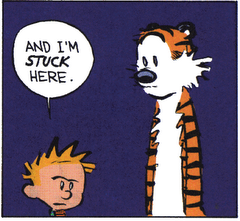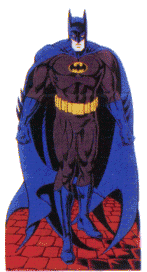"It often happens that the real tragedies of life occur in such an inartistic manner that they hurt us by their crude violence, their absolute incoherence, their absurd want of meaning, their entire lack of style. They affect us just as vulgarity affects us. They give us an impression of sheer brute force, and we revolt against that. Sometimes, however, a tragedy that has artistic elements of beauty crosses our lives. If these elements of beauty are real, the whole thing simply appeals to our sense of dramatic effect. Suddenly we find that we are no longer the actors, but the spectators of the play. Or rather we are both. We watch ourselves, and the mere wonder of the spectacle enthrals us."
- Lord Henry in the "Picture of Dorian Gray".
I have lost count of the number of times I've read this book. It is mind blowing, to say the least, and absolutely wild(e). The story is that of Dorian Gray, a fresh young man, who descends into a life of sin and stays untouched, while his portrait grows old with the marks of his crimes. But the really fascinating character is Lord Henry, who makes Dorian aware of his youth and beauty, thereby changing him forever. He also gifts Dorian the book that acts as the latter's source of inspiration - and ultimate ruin. Whenever Henry is around, the dialogue sparkles with a wicked wit - "I can stand brute force, but brute reason is quite unbearable". He takes an almost perverse pleasure in corrupting Dorian, as one might call it, and does a pretty good job of it.
I am not saying that this book is perfect. In fact, it is far from it. There are sections where the reader is quite lost, like the one that describes Dorian's passion for collecting the best in the world. Dorian's "immoral acts" seem quite tame - collecting the best things in life can be described in other words. There is mention of the lives that he has ruined, but one never gets the true sense of moral debasement that Dorian is supposed to represent, except perhaps the senseless murder of Basil Hallward. It is hideous, the way Dorian thinks of the dead man - "But the thing that had been sitting at the table was gone".
This book was Wilde's outcry against the hypocrisy of the times he lived in, the society that frowned upon his lifestyle and choices. Ultimately, the very same society turned it against him, and incriminated him for "gross indecency". Not very different from the times we live in, is it?
Subscribe to:
Post Comments (Atom)



1 comment:
The reason why Dorian's acts aren't described in great detail is perhaps because most of his acts were homosexual. In those days, this was still a crime.
Awesome book though!
Post a Comment